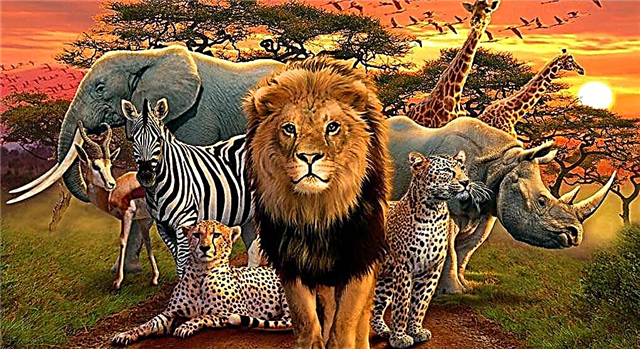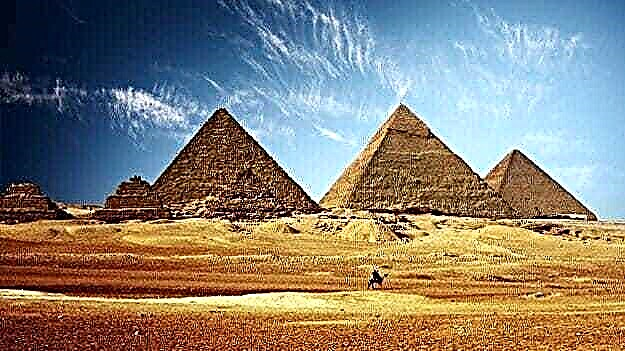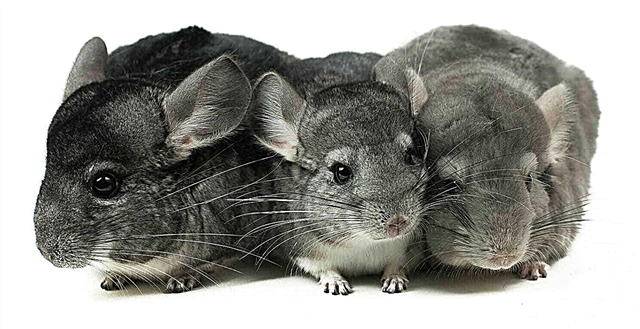
Every living creature on the planet has its own language of communication with their own kind. Wolves have barking, whining, growling, howling.
Why do wolves howl?
Howling is the most pronounced way of communicative communication between animals, which has a higher sound range and spreads over a large area. With the help of howling wolves:
- Packed in packs for hunting
- Warn the opponent that the territory is occupied
- Call the opposite sex
There are a lot of reasons for howling. Each determines its intonation, timbre, duration and number of sounds. Although a wolf howl may sound like a horrifying sound to an ordinary person, experienced hunters and animal behavior researchers can easily determine who the female or the wolf is howling, whether it is a hunting offer or a warning of danger or hungry cries.
Moon magic
Ancient myths that the moon is the cause of the night howl of wolves have long been dispelled by scientific research. The moon has nothing to do with it. The wolf is a nocturnal predator spending daytime in family chores, relaxing after a successful hunt and lazy digestion somewhere away from sunlight. In the afternoon, wolves also howl, but very rarely. To a person, the night wolf howl is more often heard thanks to the silence and peace of this time of day.
The predator’s muzzle, lifted up during a howl, also does not prove that it is absolutely necessary for him to see the Moon.This situation is explained by the structural features of the larynx and skull of the animal. Experienced singers know that in order to achieve the purest and strongest sound, one should free the larynx by lifting the chin up. This is exactly how forest residents take their singing professionally. Not finishing the conservatory, they by their nature know that if you want the whole district to hear you, raise your head higher and open your mouth wider.
Why do wolves howl at the full moon?

Different phases of the moon significantly affect not only the human condition, but also many natural phenomena on the planet. In people, the mental state worsens, diseases worsen. Even plants stop or accelerate their growth. But the effect of these natural changes on wolves has not yet been proven by scientists. The fact that with the full moon the howling of wolves is heard more menacingly and more often is most likely an echo of ancient fears and fictions. Here, with a high probability, there is a human factor that determines the emotional state of the person himself during the full moon.
With the full moon, nights are brighter, what is happening around is better recognized by human eyes, but has less pronounced contours than in daylight. Therefore, it is precisely with the full moon that there are so many myths and legends that are the result of something that was overlooked, but thought out. No wonder they say that fear has big eyes. In the dark, a person does not see anything, and in the diffused light of the moon, that which he does not inspect is successfully fantasized.
Do not treat the wolf howl, especially on the moon, as something mystical or menacingly supernatural. Most likely, wolves would also react to human speech if nature would provide them with such an opportunity. Howl is just a feature of their way of life, which should be perceived as an inseparable part of nature.












